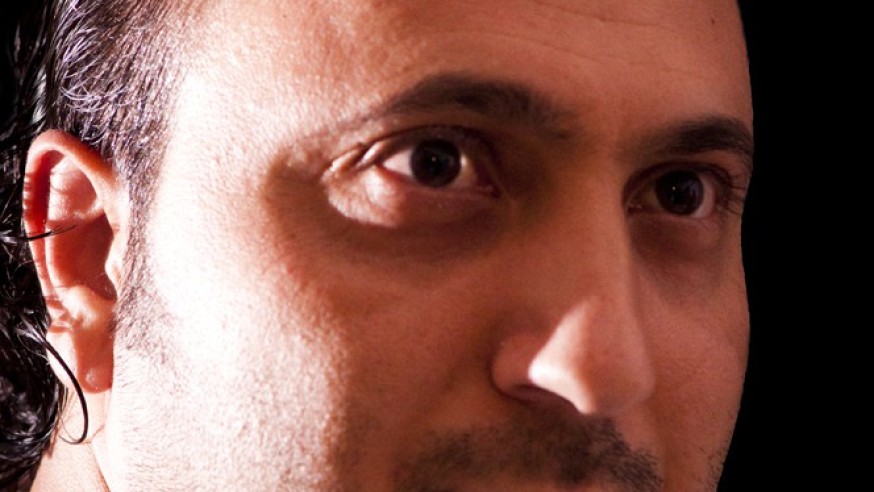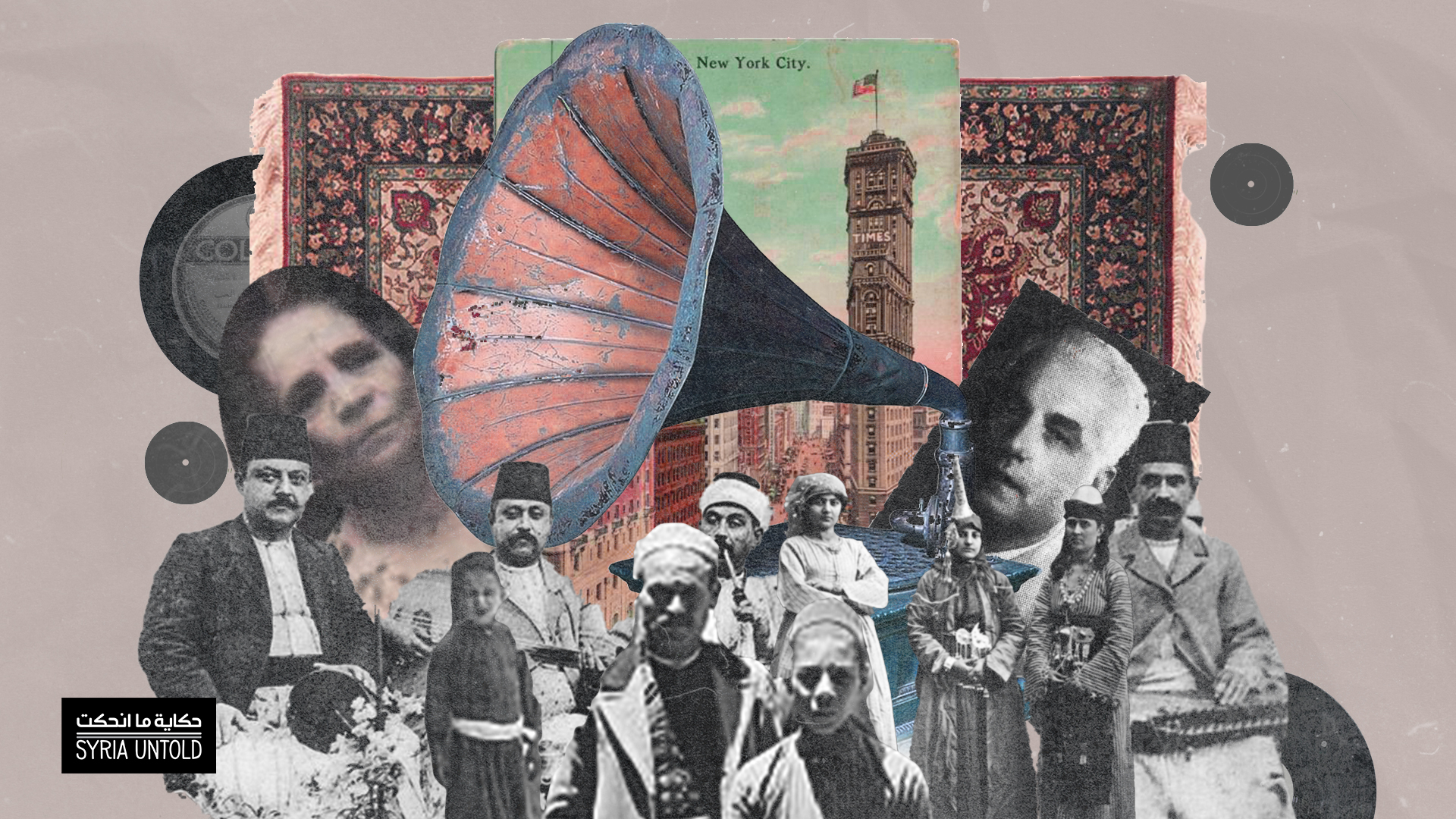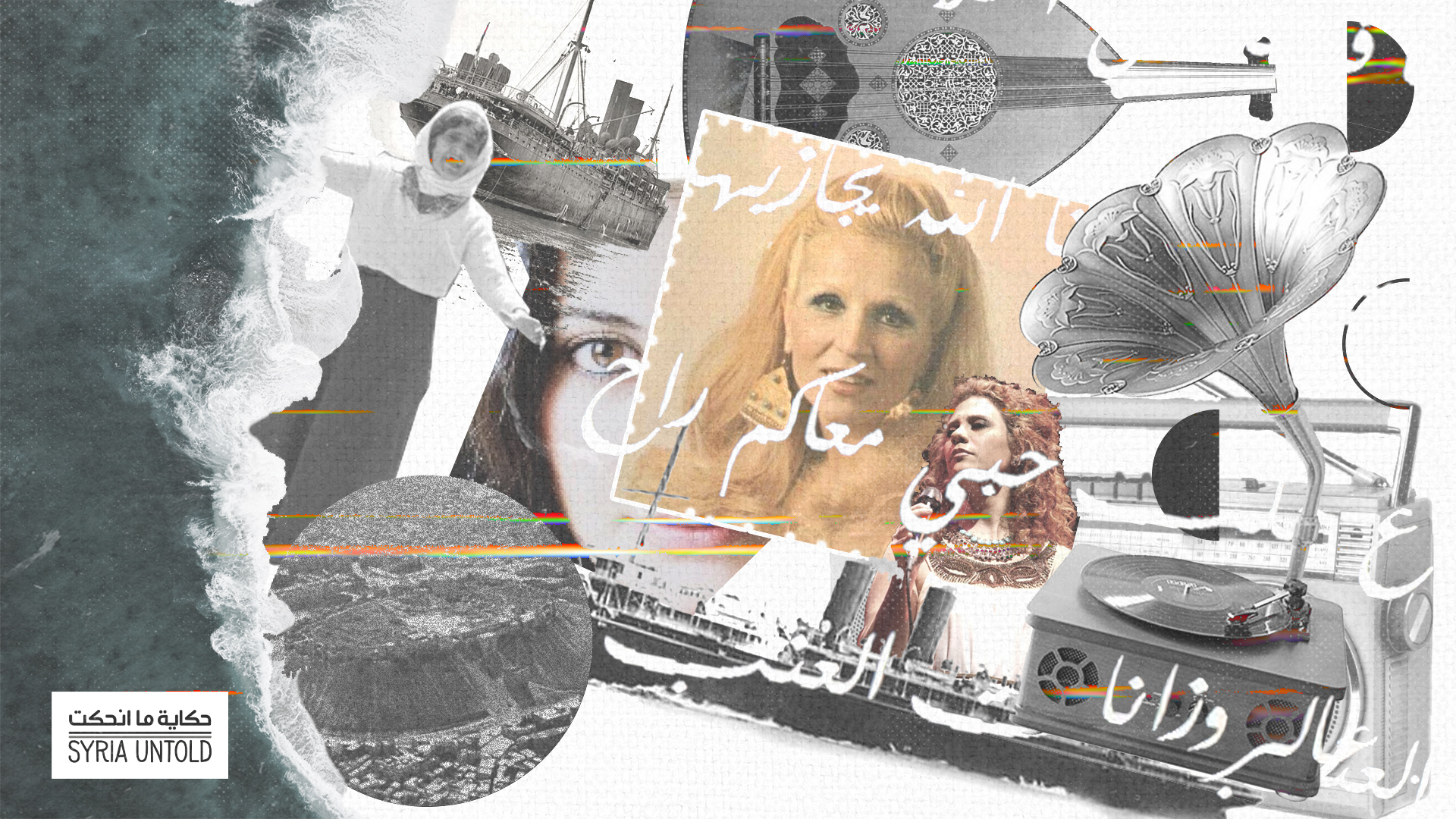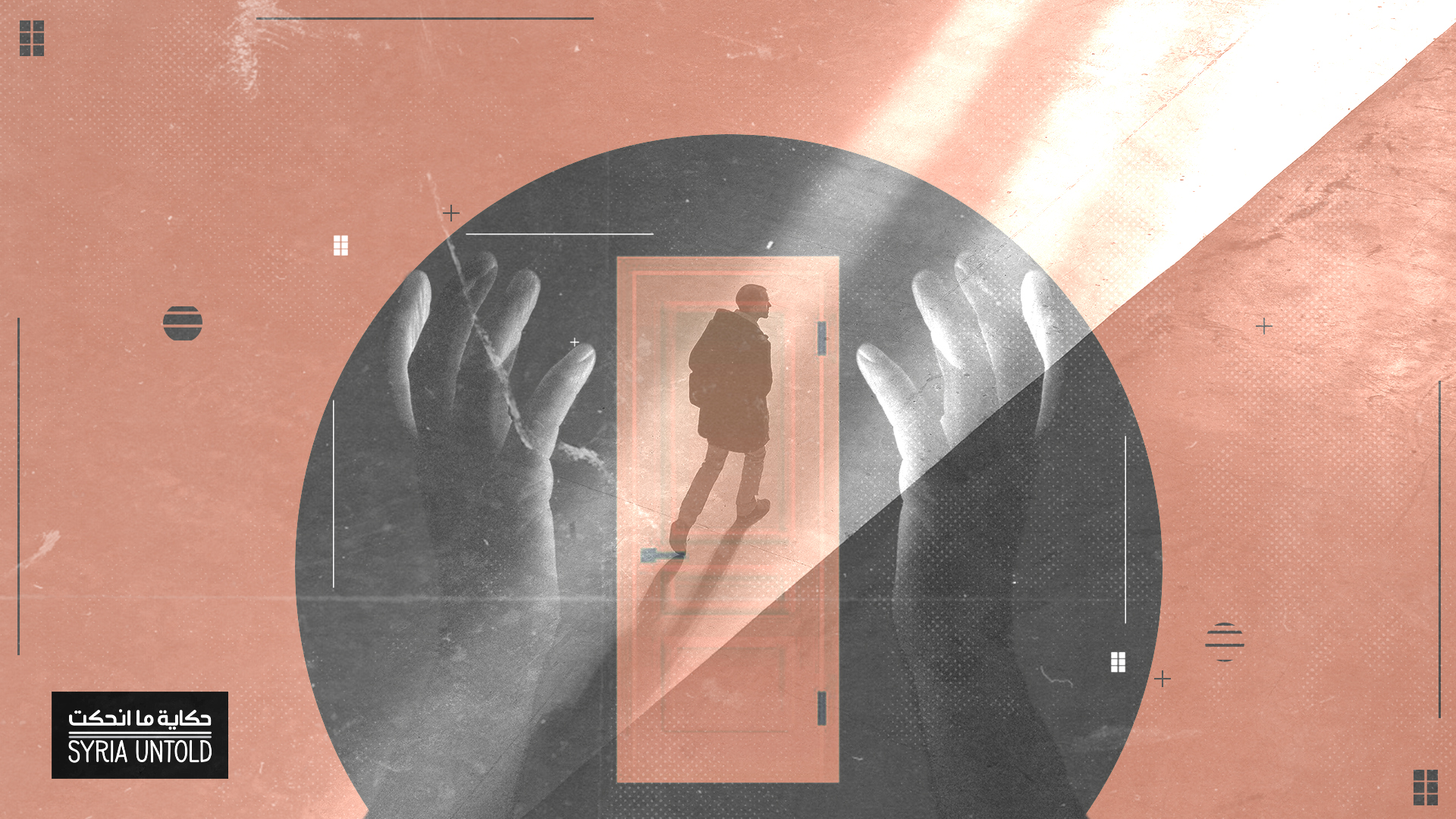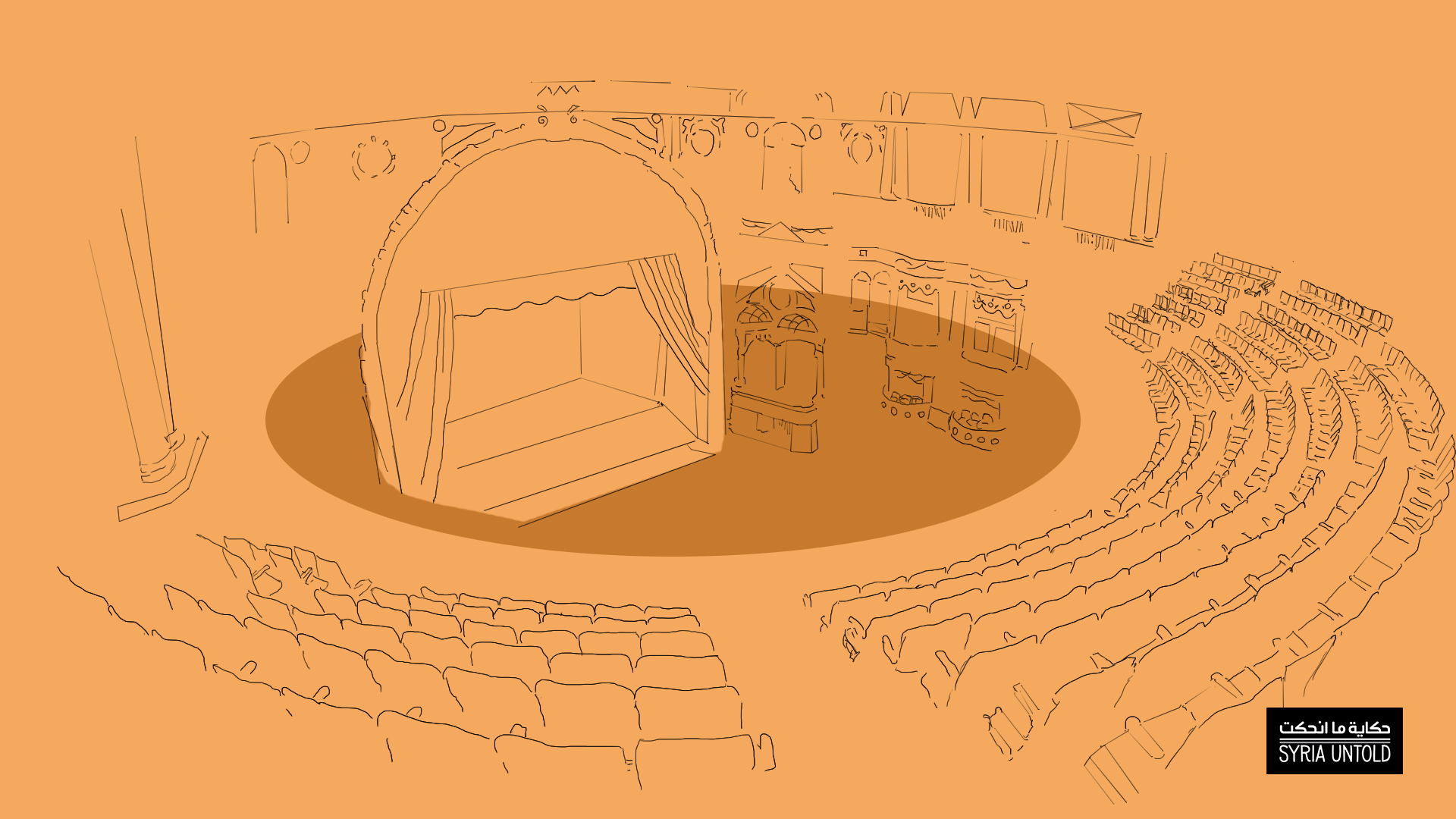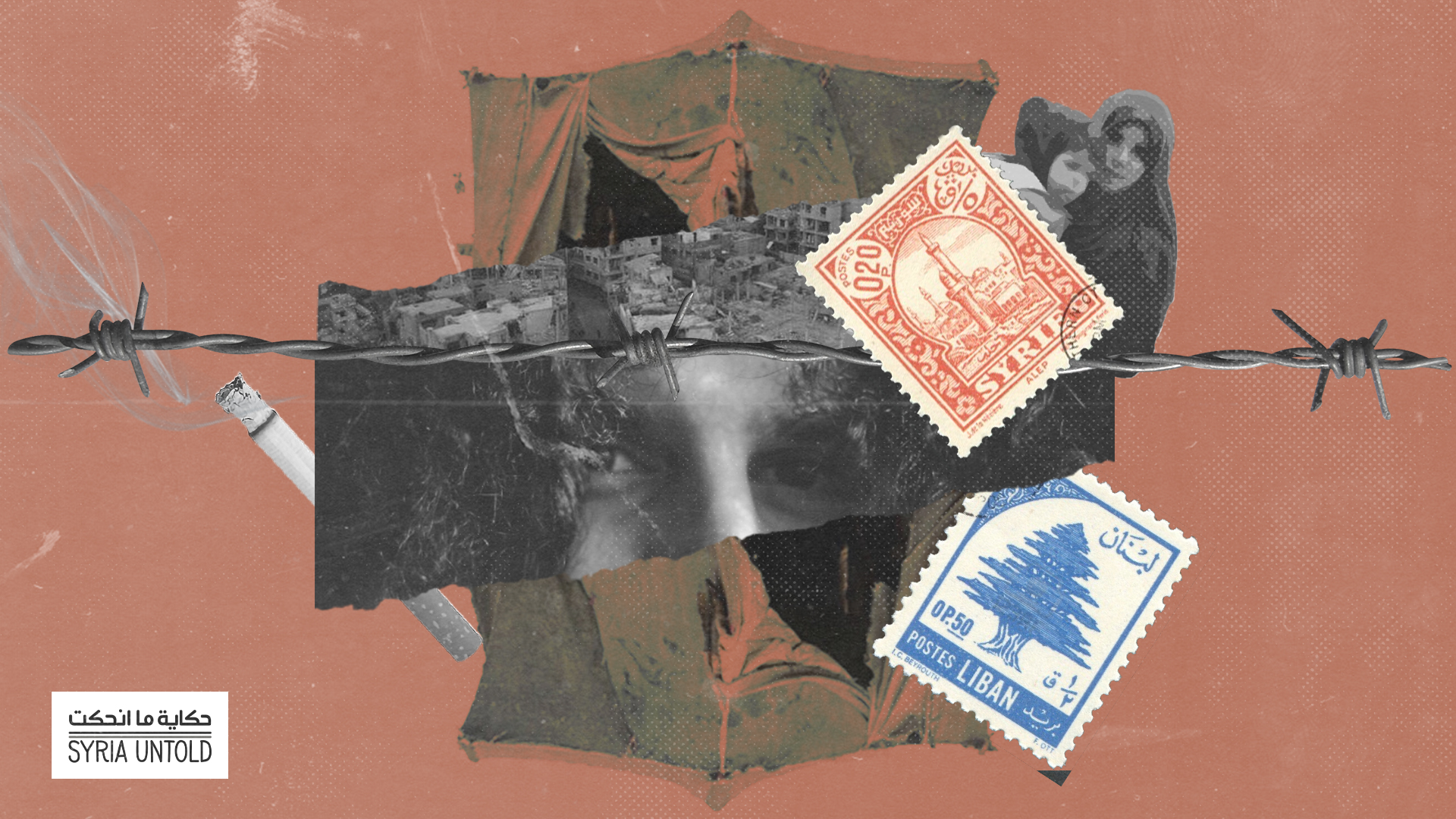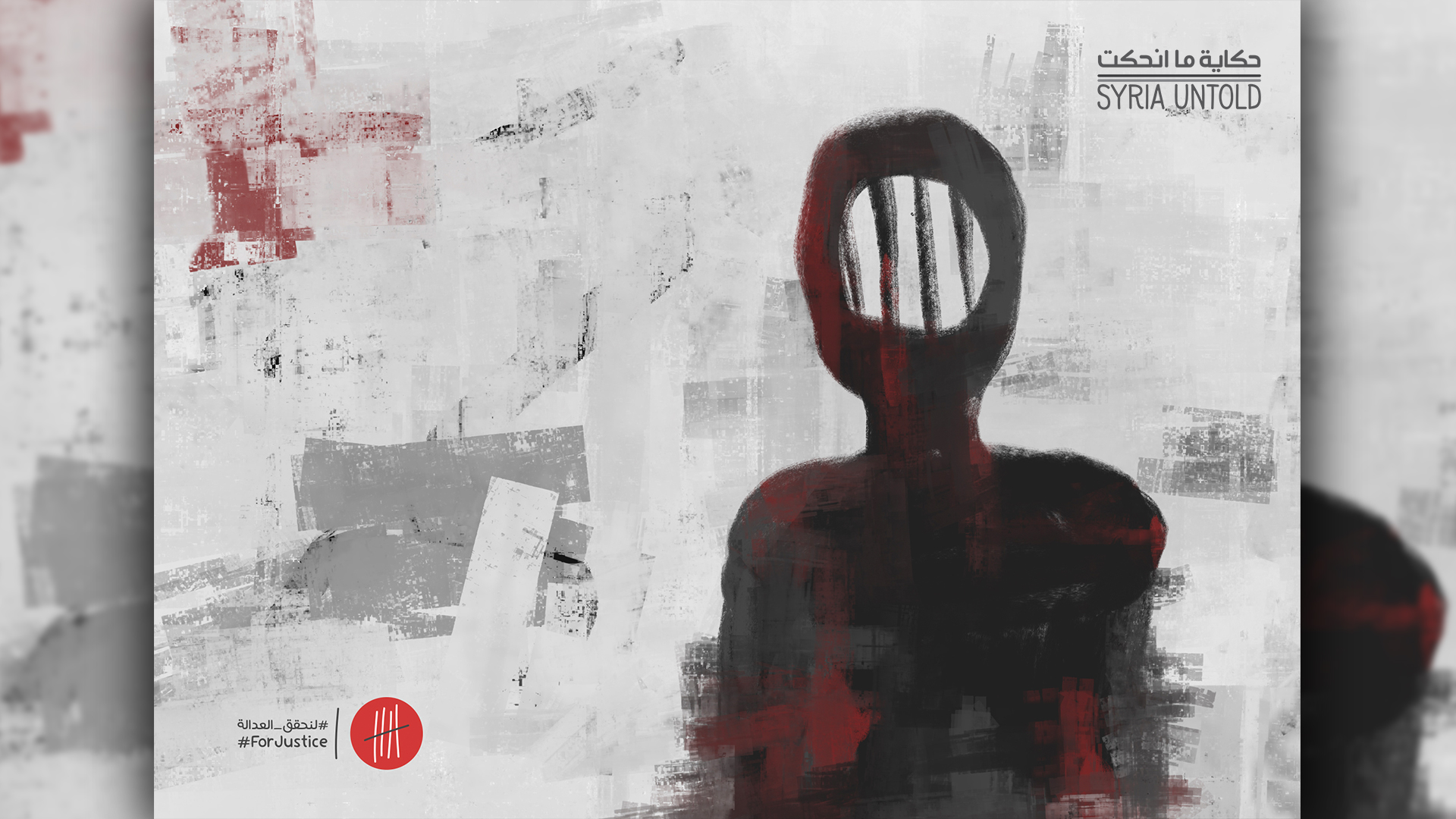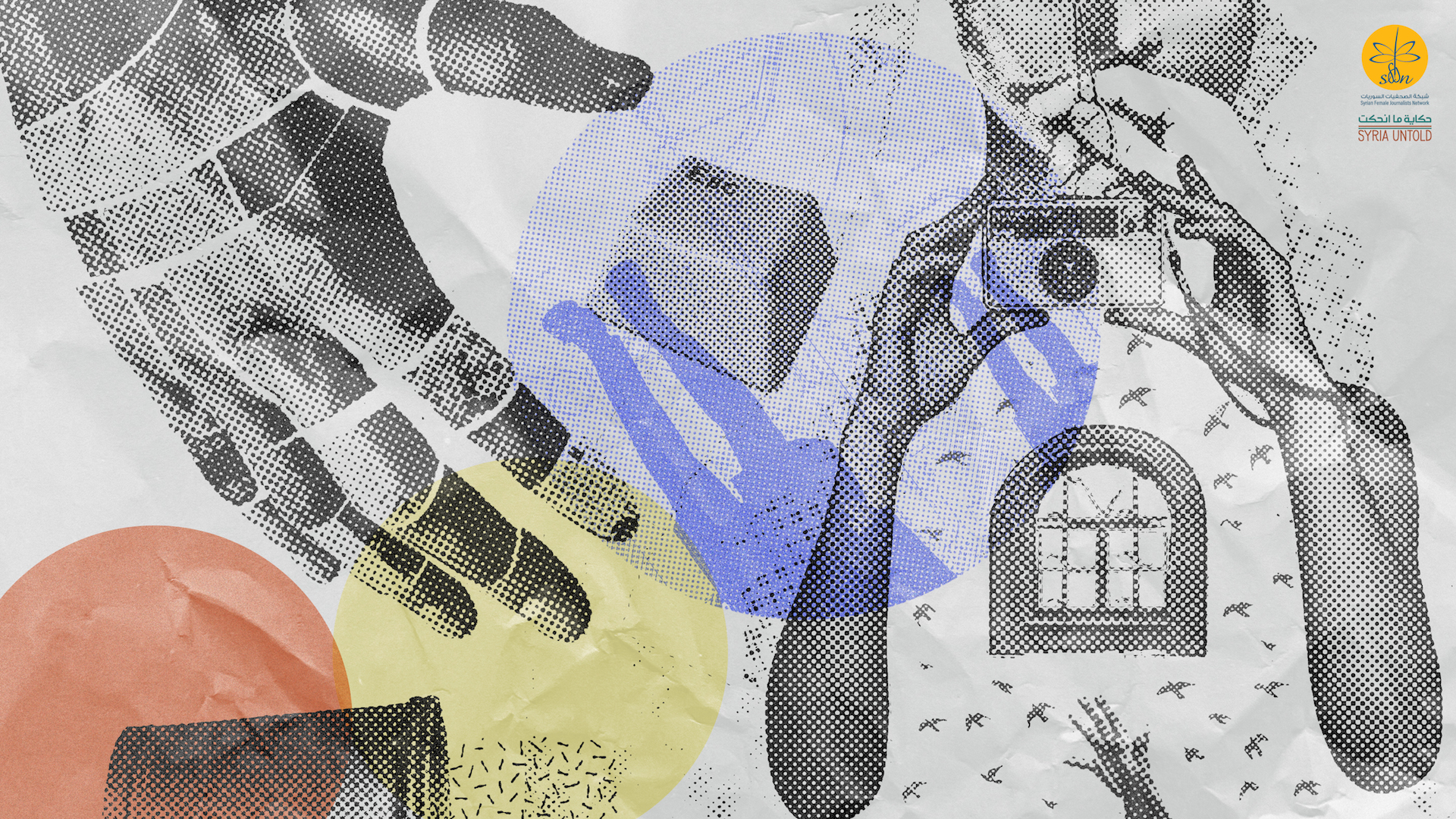Read this article in its original Arabic here.
When we were little, the stories of safar barlik, and of those who left our village long ago fleeing hunger and searching for new lives were nothing more than tales our grandparents told us. The starvation, displacement and poverty that the adults tried to convey to us through these stories failed to spur our imaginations. We understood those tales as a form of storytime entertainment rather than tragedies that should elicit sympathy or a sort of sadness for those whose misfortunes forced them to emigrate to far-away places.
Today, when I remember those distant days, I remember sitting next to my grandmother or mother near the fireplace. I remember my grandmother crying as she recounted her brother-in-law’s story of migration to America. “Hassan Dibo was a picture of youth. He was admired for his good looks, his chivalry…” She’d go on about how he was forced out of Syria by hunger and poverty and “his incessantly annoying wife...He got sick of it, so he went to America to join those who had already emigrated. From that day on, we didn’t really hear from him. Sometimes there were letters, but those bastards used to steal them.” When we asked her who the “bastards” were, she’d keep her mouth shut, as if the answer was something she couldn’t tell little children.
Still, we’d occupy ourselves with one thing only: asking our grandmother questions over and over again. Where is Hassan? Did he come back to Syria? Which country does he live in now? Does he have kids? Aren’t you looking for him? Did he get rich?
Songs of nostalgia in New York City’s long-lost ‘Little Syria’
05 March 2021
A famine, a ship and a folk song that spanned borders
18 December 2020
She got tired of answering our questions. So we’d hyperactivate our imaginations and try to answer them ourselves. We grabbed an atlas and searched for “America,” as our grandmother pronounced it in her stories. We didn’t know where exactly it was. Canada, the United States, Argentina, Brazil, Chile, Venezuela...for my grandmother, all of them were “America.” When we got tired of searching for this America, we found refuge in our dreams, attempting to satisfy our childish fantasies. What if Hassan’s kids suddenly showed up, and they had lots of money? What if we got a letter that said we were inheriting a fortune from this ancestor of ours? What would we do with it? I dreamed often that I would suddenly inherit a bunch of money from our long-lost Hassan, and I’d buy anything I ever wanted. But those were just dreams.
I grew older, travelled to Damascus and mixed with many other people from outside the confines of my village. I discovered that there were many Syrian ancestors who had taken Hassan’s path. They left and never came back.
Sometimes, one of them would reappear suddenly, 50 years later. They’d be looking for their village or their birthplace. I know the story of one of them, a man who returned to Syria 50 years after emigrating to Brazil. He went home to his village on the Syrian coast, built a house and then died a few months later. Did he return only to die? Our relationships with our homelands and birthplaces are strange. You spend your entire youth fighting to leave, only to return by your own free will to die and be buried there, steeped in nostalgia and memories of childhood.
“Did he come back to die?” This expression reminds me of the film Long Night, directed by the late Hatem Ali. A political prisoner who spent many years in detention finally dies beneath a tree in his home village following his release. Is being stuck away from home a sort of prison?
I know of another family who, decades on, received a short letter from their father who had emigrated to Venezuela and ceased contact. The mother had been left to suffer alone with her children and all her piles of disappointments—not from her poverty alone, but also from the abandonment and the looks of pity from those around her.
Canada, the United States, Argentina, Brazil, Chile, Venezuela...for my grandmother, all of them were “America.”
When the letter arrived, the man’s sons and daughters, who themselves had grown up and gotten married, discussed what to do with it. Should they open the door for their father’s return, or close it? After all, they had long ago forgotten the door existed, and learned to rearrange their lives in its absence.
They decided to tell their mother about the letter and abide by whatever she decided, no matter what. She was the one who had paid the price of his absence more than the others, so only she could decide whether to forgive her husband and allow him to return.
So they handed the letter to their mother and told her: “You’re the one who decides if we’ll read it or not.” She thought about it for a while, then tore up the letter in front of them. She didn’t read it. Her wounds were still open, the feeling of abandonment heavier than any ability to forget those long years of neglect from a husband who hadn’t even thought to tell his family whether he was alive or dead. Of course, she had every right to do what she did with the letter, but ever since I heard this story from a friend I can’t stop thinking: What had the husband written? How did he justify his long absence, and what kind of life did he go on to live in America? What did he want to say?
I’m still curious about him today, and it’s a curiosity I don’t fully understand. I want to know the secret of his story, one that was lost forever when the mother tore up her husband’s letter.
Questioning ‘exile’
23 July 2021
Walking a tightrope: Syrian theater in Germany
21 June 2021
I thought of her often, too. Did she regret destroying the letter? Or did it kindle a sort of curiosity in her? Did the fact that her children were there pressure her decision, or did this all just happen as it did because her feelings for him had died long ago, after she lost hope of her husband’s return, and his place in her heart transformed into a blank space?
As I thought about all this, I returned to my own lost ancestor Hassan, adrift in this world. We, too, didn’t receive any letters from him. None of us knew anything about his life after Syria. Though my grandmother used to tell us when we were children that he sent us “letters that other people stole,” I was never able to prove that he had actually sent a single one. Recently, when I called my family to ask about him, they were shocked that I still cared about this long-lost relative, gone for more than a century, a man who wasn’t even my grandfather in the way we understand the word these days, but rather the brother of my real grandfather.
The questions turned over in my head. Why had he done that, leaving without sending a single letter? Could he have written my family, and the letters were indeed stolen, as my grandmother said? Did he forget his village? Can people forget where they were born?
In 1994, Argentine president Carlos Menem, himself of Syrian origin, visited the country of his parents’ birth. Many people gathered in Yabroud, his parents’ hometown, to welcome him. With him were a large delegation of children and grandchildren of Syrian expatriates, visiting to reach out to their family members. I remember how, after Menem returned to Argentina with the delegation, there was talk in our village that some members of the group had come to Syria to search for their relatives. My aunt gasped. “What if Hassan was with them?” My family talked about this for several days, upset that they found out about the searching family members only after the delegation had returned to South America. Maybe he was with them…
But throughout all of this, while those returning descendants were in Syria searching for us, why had we never thought to search for them?
In his book Origins, Lebanese-born author Amin Maalouf writes the story of his family, scattered across the globe. In search of his family’s descendants, who left Lebanon decades before, he reaches Cuba. There, he meets one of his relatives, with whom he has no shared language but nostalgia, blood and tears.
I discovered that there were many Syrian ancestors who had taken Hassan’s path. They left and never came back.
As I recall Amin Maalouf’s story, I remember that searching for a lost family member in this large world requires the kind of attention and resources that are not available to families still searching for bread to eat. It requires a network of relationships and connections that families in isolated villages simply do not have. What of those cities in countries located at the farthest reaches of the world?
These families had no choice but to preserve their loved ones’ names from oblivion in the stories they passed down to us. This is what my grandmother did, her tears always halting her retelling, lamenting their living conditions, their poverty and their longing for home.
Was it the poverty that they experienced in exile that prevented them from returning and revisiting Syria? Was it the shame of returning after years and decades with empty hands and an even greater poverty than the one they had fled? Maybe this pushed them to keep fleeing into the unknown.
From Aleppo to Beirut, cities burning
26 February 2021
Long night to resurrection
05 February 2021
I remember a man who left Syria in the 1980s to go work in Libya. He submitted his resignation from work and then went, and there was no news of him for 12 years. During that time he didn’t communicate with his family once or send any money. The reason: he had failed to secure a life of dignity for himself or his family, and so he kept running away, positive he’d find a better tomorrow. He never did. Eventually, he dared to tell his family the whole truth, and as a result, he went back to Syria and returned to his old job from before Libya, as if all those 12 years had been for nothing.
Diaspora literature offers many opportunities to understand the depth of sorrow, poverty, hunger and fatigue those first migrants from Syria encountered. They were forced to work as street peddlers or seasonal farm laborers, harvesting and ploughing the land or doing any other manual labor available to them. When I was younger, I imagined my grandfather’s brother carrying a bundle on his back every morning or pushing a cart in front of him as he walked the streets of Argentina or Brazil in search of a livelihood.
Novels depicted the epic struggles of those who emigrated in search of bread in this miserable and restrictive world, such as America by the Lebanese writer Rabee Jaber.
These successive migrations over the years coalesced into small communities of Syrians in the diaspora—Little Syrias. Today, as Syrians are forced once again to emigrate and flee death, new Little Syrias have begun to form across the world.
In our journalistic and research work, we stumble across these communities built by our ancestors. We search for what tied them together. Some of those threads arose through research, and others by chance, such as when SyriaUntold received an invitation last year for a partnership with the Argentinian news site El Intérprete Digital. After our colleague Dellair met with one of them, he told us that one of them had Syrian ancestry. My first reaction was to imagine a relative or grandson of Hassan, who emigrated a century ago.
He told me that his roots were in Syria’s Qalamoun region, whose sons, like Hassan, emigrated to the Americas long ago, and that he was now working to find his family in Syria. This gave me some hope that someday I could find my grandfather’s long-lost brother.
Today I realize that my grandmother, as she was telling us Hassan’s story, was also in a way telling us to protect his name from being forgotten, to remember the soul of our lost relative, to search for him, and to light a candle in his memory whenever it crossed our minds. That way, he’d remain connected, somehow, to the land he left behind, land where he could no longer rest his head on its stones and under its olive trees.
In the coming months, SyriaUntold will publish stories on the world’s Little Syrias, communities formed both long ago and recently, in the hopes of preserving those stories from being lost. Or perhaps it will be some consolation for those who have already lost their stories or those who are still searching. Isn’t the world just an unfinished story, one whose chapters we are still writing as we live it day by day?


